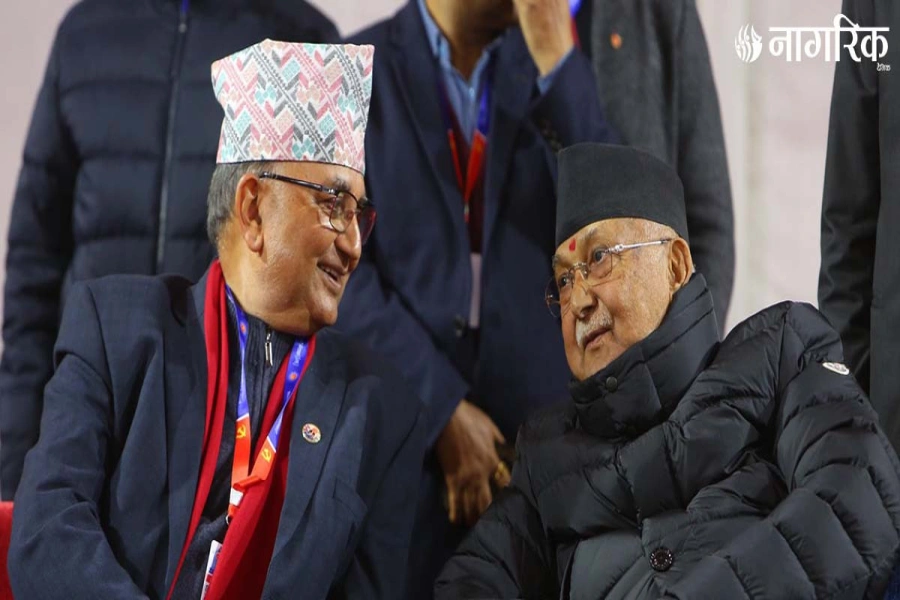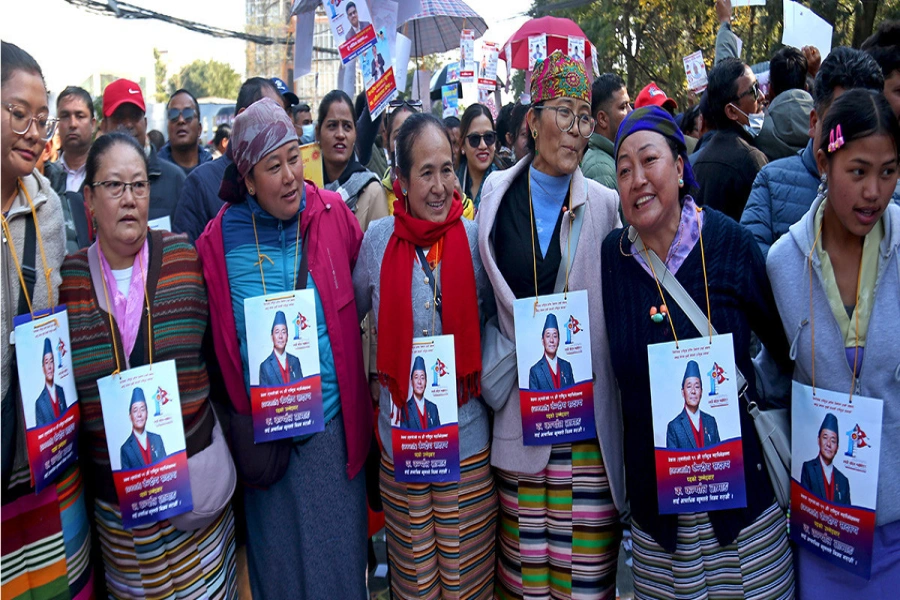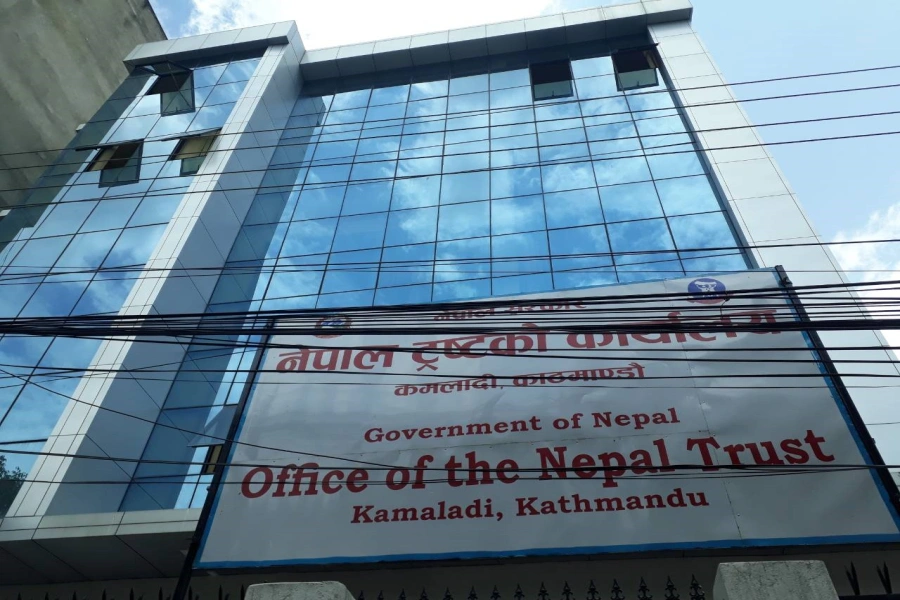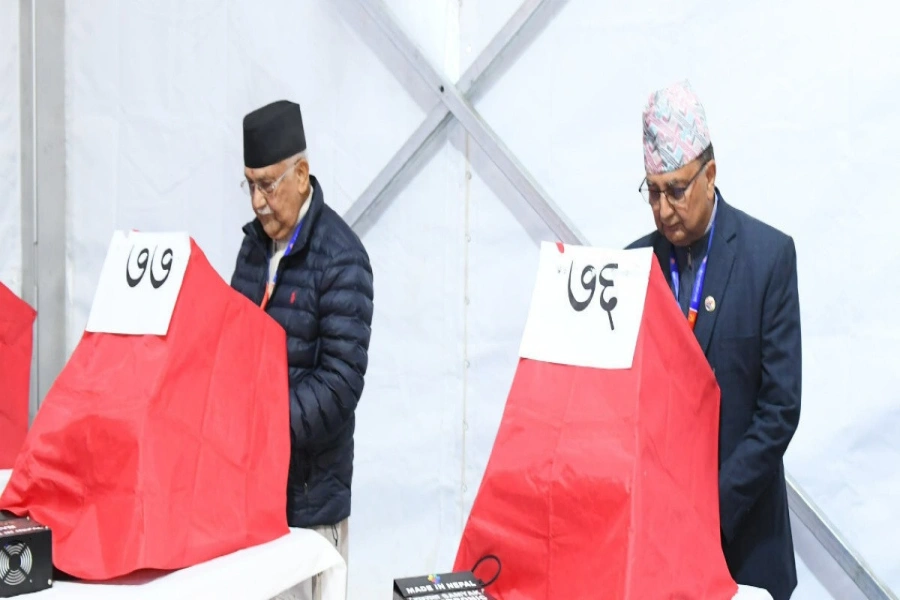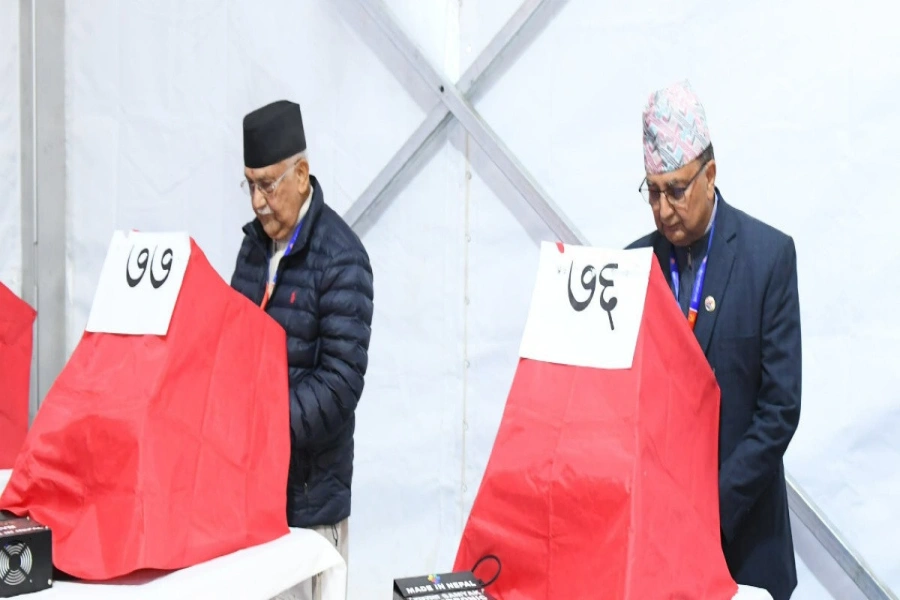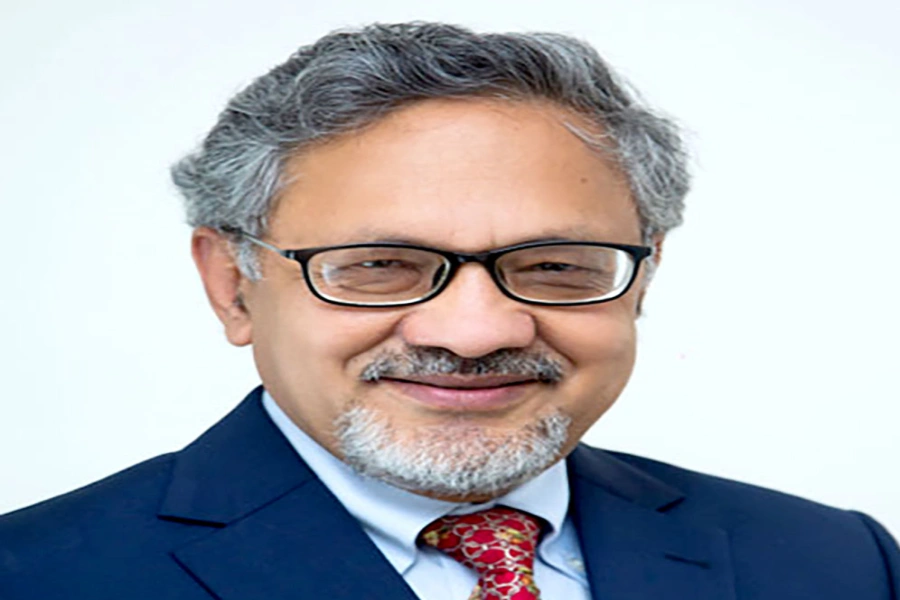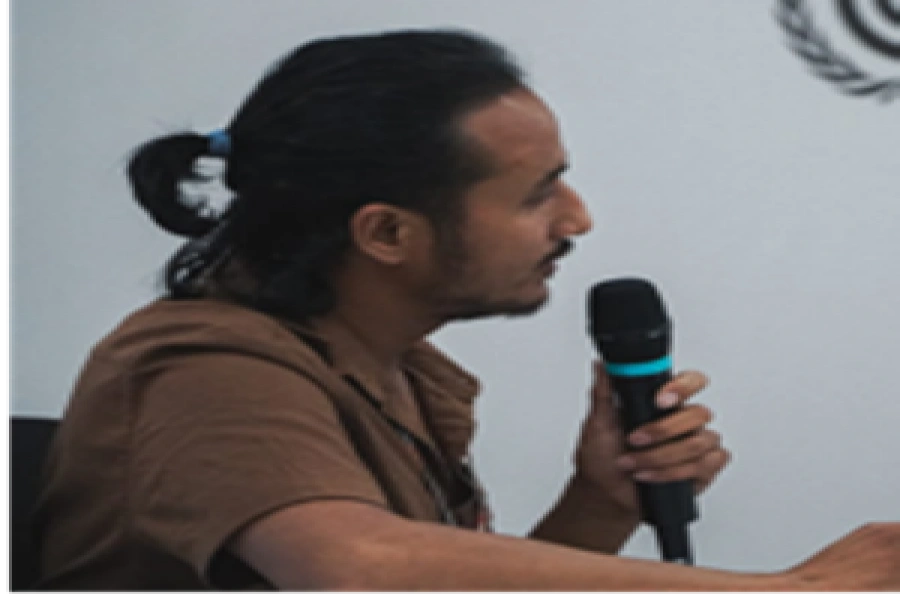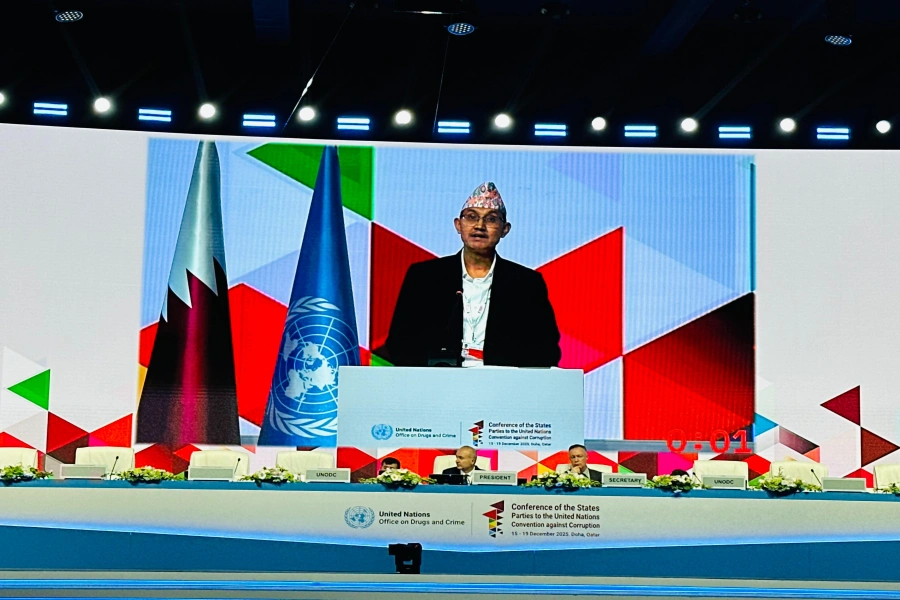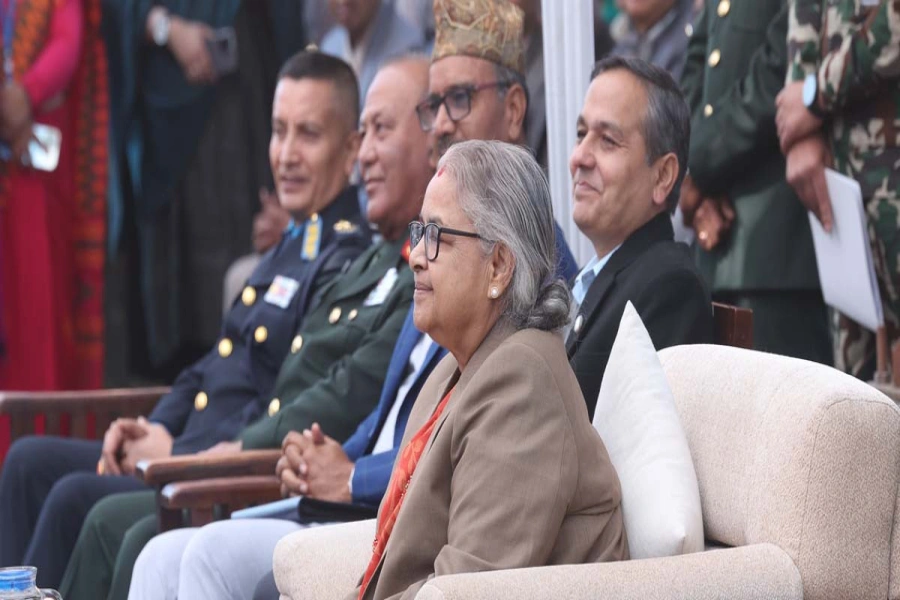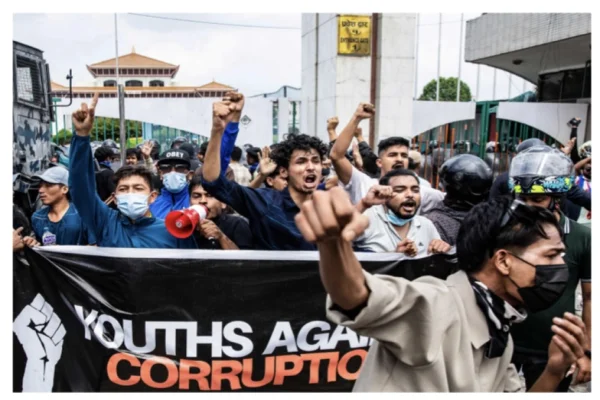Rastriya Swatantra Party (RSP) General Secretary Dr. Mukul Dhakal is currently drawing media headlines. He is at the receiving end for preparing a report as per the assignment given by the party as the contents in the report did not go well with the party establishment, leading to his suspension by party President Rabi Lamichhane. At the moment, there is competition among leaders within the party to oust Dr. Dhakal and get closer to party president Lamichhane. There is a general feeling that this ignores the lively discussion that should take place within a democratic party—something RSP claims to be. To understand the internal rift seen in the RSP now, we will have to return to the recent HoR by-election held in Ilam-2, where the performance of the RSP candidate was dismal. After this incident, RSP sent General Secretary Dhakal on a 'Review Tour'. His main mandate was to gauge the pulse of the RSP at the public level. From May 19 to June 19, he visited 38 districts. He brought feedback from the people about RSP and submitted it as a report to the party leadership. However, it turned out to be more of a burden than a gift to the RSP.
From oily to dry: Beauty diet for healthy skin

When election results are not as expected, searching for the reasons behind the failure is a useful exercise for future planning. Leader Dhakal, sent on a review trip, openly adopted the style of 'what was seen, what was written.' Instead of 'sugarcoating' the truth, he presented the correct details, which he believed was the right thing to do for the party. Presenting this real picture of the RSP at the public level has led to action against Dr. Dhakal. The stain was on the face. No change would have come by just wiping the mirror. A true leader accepts bitter truths. Listening only to what one wants to hear is akin to repeating the 'Emperor's New Clothes.' Due to this trend, Dhakal's report was not accepted by party president Lamichhane and his 'Kitchen Cabinet.' This has caused chaos within the party, damaging its reputation among the common people. Not only voters but also well-wishers of the party now feel disappointed. The expectation that the new party would introduce a new culture in the country's politics has been shattered.
Dr. Dhakal has symbolically stated in his report 'a black cloud has fallen on the bell i.e. the party's election symbol.' He has seriously questioned whether to save the party and suggested that a 'strong' decision is necessary. Taking action against him on this basis seems authoritarian. An ordinary member can express concern towards the party he belongs to and loves, but does a person like the President not have the position to say so? If this is the case, then it is clear that RSP has not become a true party yet. It is true that those who criticize the leadership in Nepal's major parties—Nepali Congress, UML and Maoists—are being ostracized. For example, UML leader Bhim Rawal has been marginalized for criticizing party president KP Oli. Similarly, those who criticize Chairman Pushpa Kamal Dahal in the Maoists cannot survive there, while in the Nepali Congress, those who oppose President Sher Bahadur Deuba automatically fall away. Such bias is even more prevalent in the Madhesh-based party. In such an environment, the RSP leadership, which promised changes in the political culture, is perceived as being more ruthless than the old parties in this matter. The power to accept healthy criticisms and fair competition are the jewels of democracy. Therefore, instead of taking seriously the report submitted by its own General Secretary about the real status of the party, RSP appears to be taking revenge on him. This particular incident is set to silence all critics within the party. No one will dare to tell the truth for fear of consequences in the future. When the voice of truth begins to be silenced, flattery and sycophancy will become the party's character. This is certainly not good for a party that seeks to be a viable alternative to the country's so-called democratic parties.






